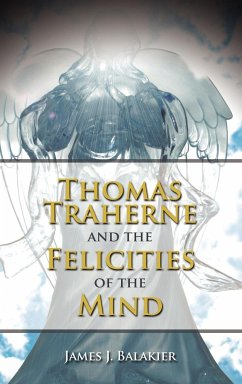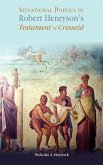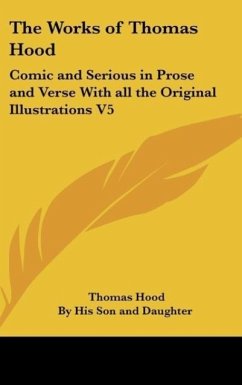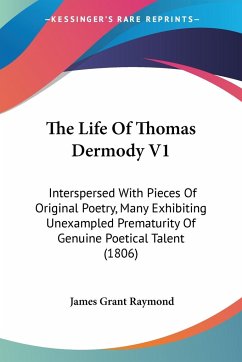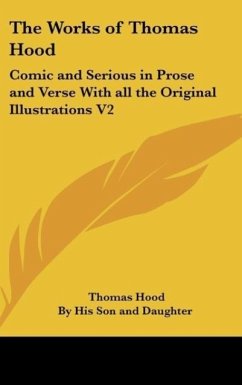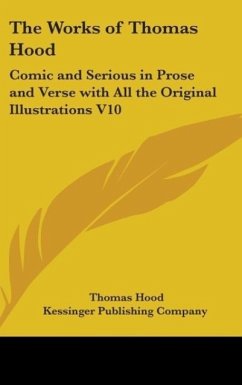Thomas Traherne (1637-1674) was one of the most original writers of the early modern period. The exciting discovery of his lost manuscripts at the beginning of the twentieth century aroused an intense interest among poetry lovers and scholars of seventeenth-century literature, which has continued to this day. The finding of other challenging Traherne manuscripts over the course of the century has furthered the study of this remarkable "radically optimistic" figure. The most important contribution of this book is to demonstrate that Felicity is not a simplistic or sentimental notion but is grounded in a cognitive experience, which has been the subject of considerable research in recent decades. The book is framed by an introductory chapter that shows Traherne's position in the early modern history of a science of cognition and a concluding chapter that relates his discovery of a holistic state of consciousness to twentieth-century theoretical and experimental developments. The second and third chapters concentrate on what are recognized to be Traherne's core texts on Felicity, the Centuries and the Dobell folio poem sequence. The analysis of these two works uncovers the deep structures of Traherne's thought and sets the stage for the examination of other texts relevant to his foremost subject, Felicity. The fourth chapter investigates the seminal part played by Felicity in other poetry and prose, including Traherne's Felicity-based ethical treatise Christian Ethicks and the encyclopedic Commentaries of Heaven, which combines poetry with prose. Also included in this investigation are poems which, in effect, constitute another sequence--albeit a sequence badly edited by Traherne's brother Philip after Traherne's death. The subsequent chapter explores the presence of Felicity in texts contained in the Lambeth manuscript, discovered at the end of the twentieth century. These texts confirm the intellectual depth and sublime artistry with which Traherne communicated his cognitive breakthrough. Thomas Traherne and the Felicities of the Mind is an important, timely addition to all literature and British cultural collections.
Hinweis: Dieser Artikel kann nur an eine deutsche Lieferadresse ausgeliefert werden.
Hinweis: Dieser Artikel kann nur an eine deutsche Lieferadresse ausgeliefert werden.

